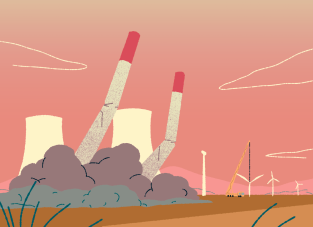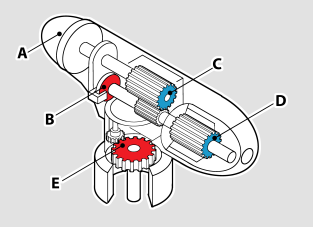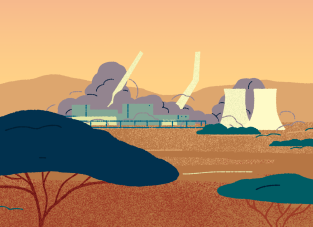Green Energy Transition
Local Project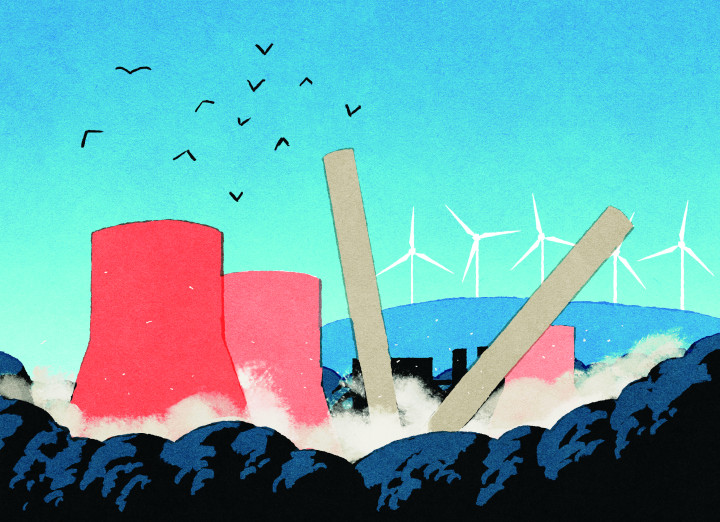
A green energy transition represents a massive shift in how we generate, consume and use energy. Fossil energy is responsible for 75% of global greenhouse gas emissions, including everything from electricity, manufacturing, transportation, heat in buildings, and more. A green energy transition would see us switch from heavily polluting fossil fuels like coal, oil, and natural gas, to renewable sources that generate no greenhouse gas emissions like wind and solar. Such a green energy transition is already well underway, delivering cleaner air, cheaper energy, new jobs, and making our communities more resilient to disasters. Wind and solar power plants are now the vast majority of new generators being built: according to Systems Change Lab, from 2019 to 2021, electricity solar generation grew by 47% and wind by 31%.
And yet a green energy transition doesn’t just mean building more cheap, green generation – it also means investing in green energy infrastructure, and rolling out the flexible technologies to ensure that the availability of clean energy lines up with energy demand – such as energy storage, green hydrogen, and consumer-flexibility (which rewards people for using up energy at points where clean energy is abundant, for example). This will be increasingly important as demand increases due to increased electrification, as industries that were previously powered by fossil energy, such as heating and road transport, increasingly transition to clean electricity instead (with other, trickier to reach sectors, such as aviation and some heavy industries transitioning to other clean alternatives, like green hydrogen, for example).
Even as the amount of renewable energy increases worldwide, it doesn’t necessarily ‘replace’ fossil energy because energy demand continues to rise. To effectively limit global heating, the rollout of clean energy systems must accelerate rapidly, while being combined with energy saving measures and fossil fuel suppression. With that in mind, the green energy transition can be facilitated by direct investment in clean energy systems, or encouraging investment via subsidies and other mechanisms (especially where investors are divesting from fossil energy). Likewise, streamlining planning and regulation for clean technologies and systems, investing in research and development, and both mandating and compelling businesses and sectors to decarbonise will also play a key role. A green energy transition will provide cleaner, fairer, cheaper and more secure energy, but it must be supported, especially as a fear of economic disruption could slow the process.
Whenever you take an action on a Local Project in your play area that adds 2 or more Clean Energy tokens to your player board, you may remove 1 Dirty Energy token from your player board.
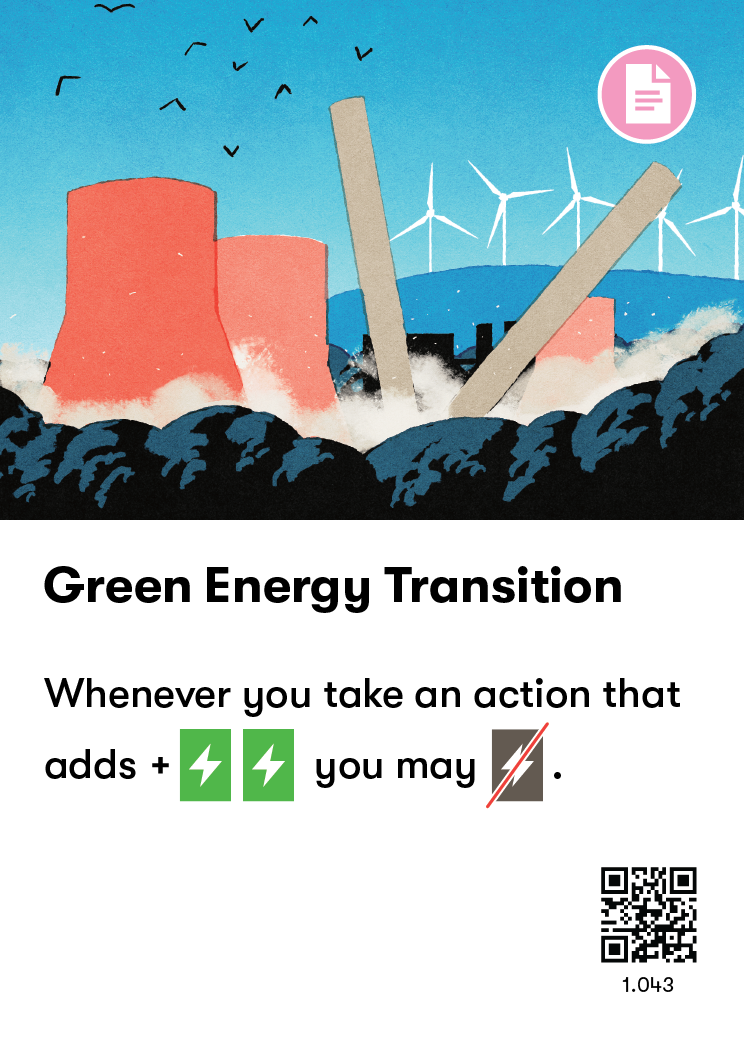
Energy Transition (Wikipedia)
Power (Systems Change Lab)
How renewable energy jobs can uplift fossil fuel communities and remake climate politics (Brookings)
Energy Statistics on Coal Use (International Energy Agency, IEA)
Join, or spend some time with, or support an organization or local group that is pushing for the phaseout of dirty electricity and fossil fuel energy more widely, such as the Sunrise Movement.
Ask your political representatives to work harder to replace fossil fuels. You might also ask them to invest in and streamline the buildout of clean energy generators and crucially, the infrastructure to support them, including batteries and other flexible tech, as well as the suppression of fossil energy projects.
Reduce your energy consumption by electrifying your home, using energy-efficient appliances and turning off lights and electronics when not in use.
Encourage the company you work for to divest from fossil fuels and invest in renewable energy.

